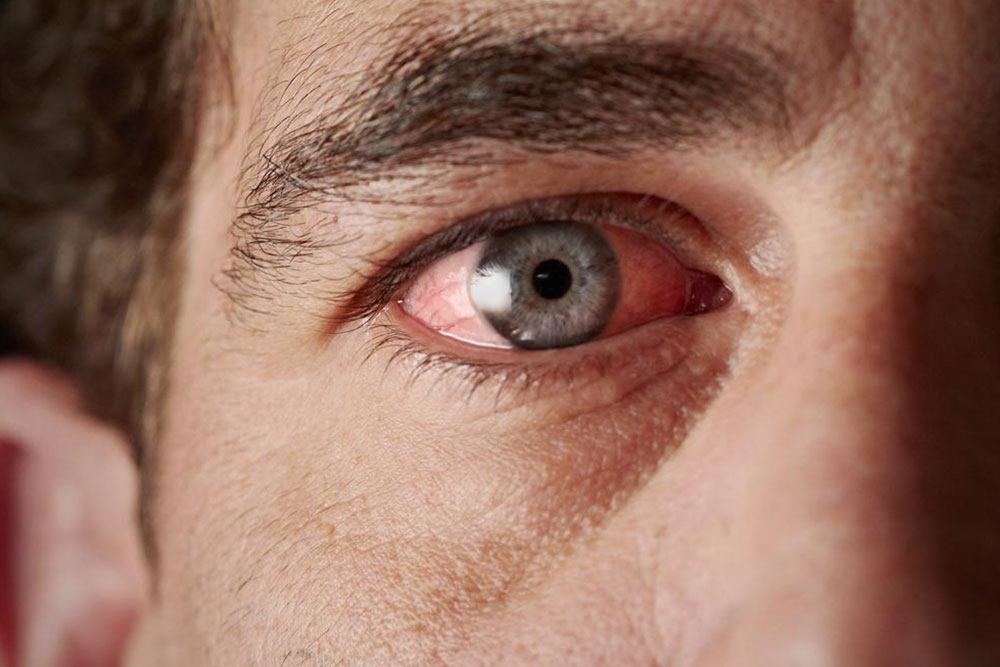A Comprehensive Guide to Managing Sjogren’s Syndrome
This article provides an in-depth overview of Sjogren’s syndrome, covering causes, symptoms, and management strategies. It discusses how autoimmune responses affect moisture glands and other organs, highlighting importance of early diagnosis. Treatment options include eye lubricants, saliva stimulants, and pain management tailored to individual needs. The content emphasizes the significance of professional healthcare consultation for effective condition control.

Understanding Sjogren’s Syndrome: Causes, Symptoms, and Treatment Options
Sjogren’s syndrome is a chronic autoimmune disorder that primarily targets moisture-producing glands like salivary and tear glands. The immune system's attack causes inflammation, damaging tissues and disrupting nerve signals, leading to dryness and other complications. Individuals with this condition face risks such as lung issues, kidney problems, and increased cancer risk. Early diagnosis and medical intervention are crucial for effective management.
What Causes Sjogren’s Syndrome? While the exact cause remains uncertain, genetic predispositions are believed to play a role. Certain inherited genes may increase susceptibility. The disease predominantly affects women, indicating a possible link to hormones such as estrogen.
The immune system initially attacks moisture glands, causing dryness. Over time, other organs—including joints, kidneys, lungs, and the thyroid—may also be impacted, leading to widespread symptoms.
Gland inflammation and damage
Autoimmune immune response
Genetic factors influencing risk
Common signs include dry eyes and mouth, joint pain, dental decay, sore throat, swollen glands, and difficulty swallowing. Eye symptoms may involve irritation, light sensitivity, and blurred vision. Additional symptoms such as fatigue, muscle soreness, and nerve sensations may also occur, along with lung and skin issues.
Approaches to Managing Sjogren’s Syndrome Care involves a team of healthcare providers, including primary physicians, dentists, and specialists like rheumatologists and eye doctors. The goal is to reduce inflammation, maintain moisture, and relieve symptoms.
Alleviating Eye Problems Eye care may include lubricating eye drops, artificial tears, and punctal plugs to retain moisture and reduce inflammation, especially for severe dry eyes.
Enhancing Saliva Flow Medications to stimulate saliva may have side effects, but saliva substitutes and oral gels can provide relief. Good oral hygiene practices help prevent cavities and infections during dry periods.
Managing Joint and Organ Issues Pain medications and immunosuppressants are often used to control joint discomfort and prevent organ damage. Treatment plans are customized based on individual needs to address systemic symptoms effectively.
Note:
This article offers general information about Sjogren’s syndrome, including symptoms and treatment options. It should not replace professional medical advice. Always seek guidance from healthcare professionals for proper diagnosis and personalized care.


